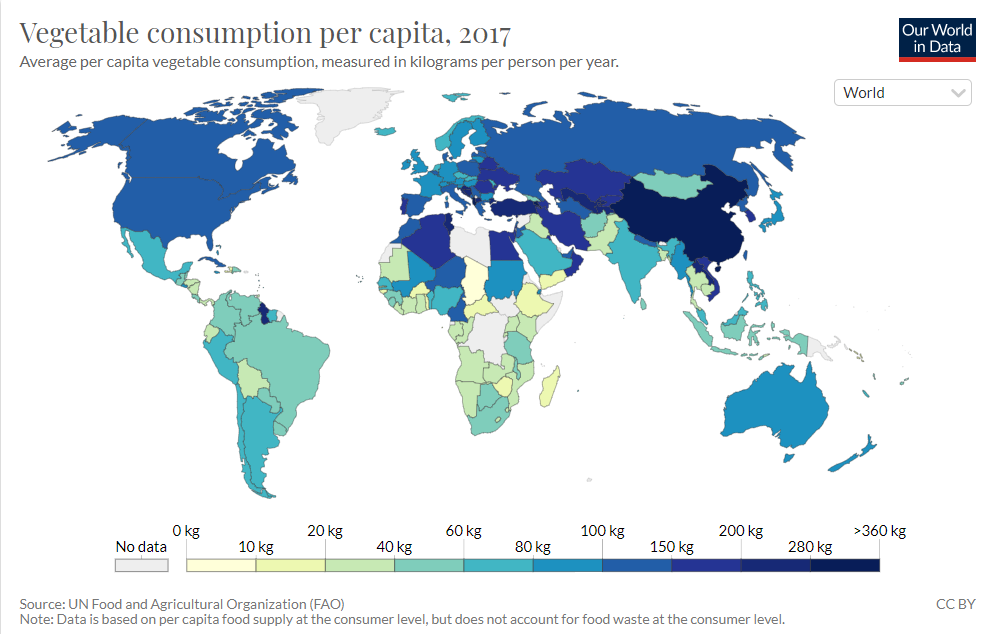Our changing perception of time
By The English Farm, November 17 2022According to Vox, there's very little scientific evidence to suggest our perception of time changes as we age. However, people consistently report that the past felt longer.
There are a few different ways to study how we perceive time. Scientists can look at time estimation, for instance: people’s ability to estimate how long an activity took to complete. They can also look at time awareness: the feeling that time "flies" when we are having fun, but then slows to a crawl when we do something boring. Finally, there's time perspective: the sense of a past, present, and future as constructed by our memories.





